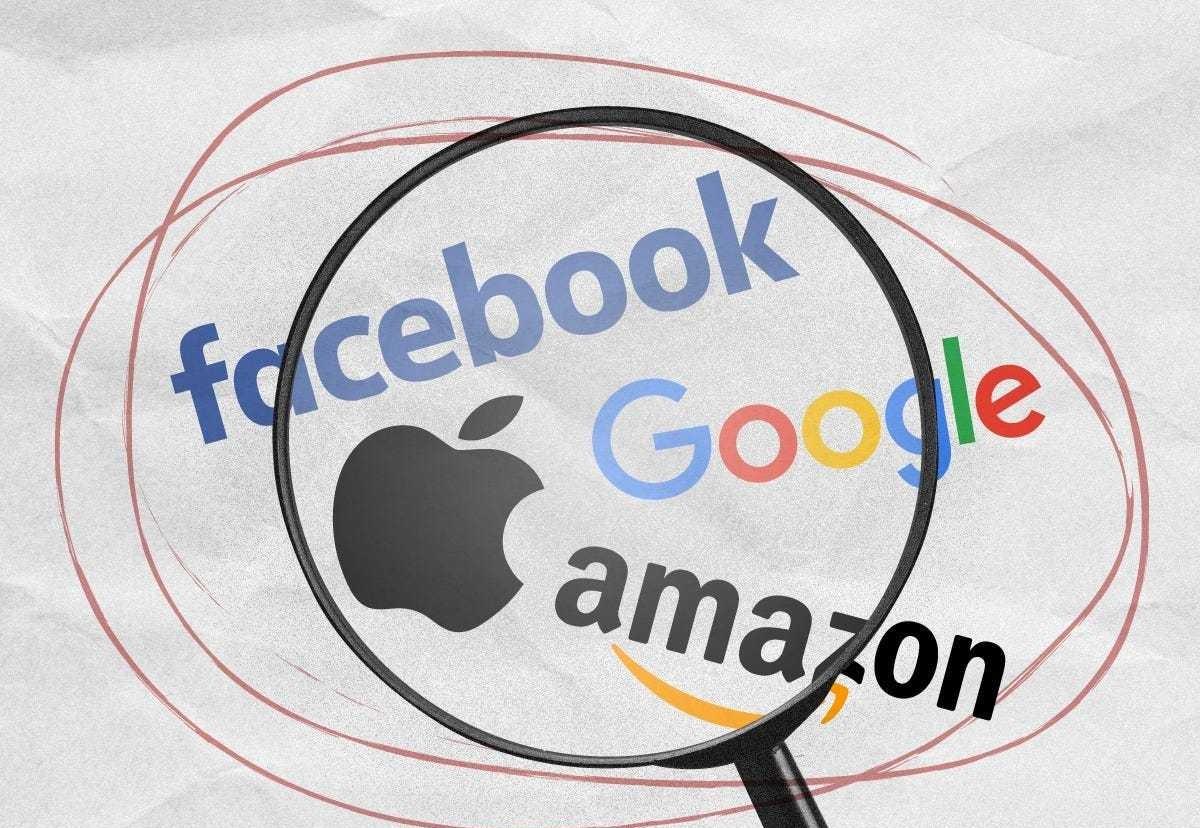I believe that everyone has heard of an idiom called the Matthew effect, in short, it is a phenomenon that the strong are getting stronger and stronger, and the weak are getting weaker, and in business, that is, the head of the enterprise has almost taken most of the market share, and even caused a monopoly.
If you have paid attention to U.S. technology companies, you have often heard about antitrust investigations against U.S. companies in recent years, such as Google, Apple, Amazon, etc.

However, when it comes to this area where the Matthew effect is obvious, then the Internet industry will definitely be one of them, and even a more obvious industry.
Recently, according to media reports, Ali was released at the end of last year as a result of the anti-monopoly investigation, and the "two alternatives" issue that was mentioned before was hammered, and Ali was also fined more than 18.2 billion.
Specifically, the so-called two-choice problem is that the platform side requires enterprises to choose only one platform to operate, but Ali Daniel Zhang also quickly responded to this penalty, saying that it is not expected to cause major negative effects, but now, Tmall has suddenly seen new changes.
It is reported that Tmall suddenly introduced new regulations for merchants to settle in, in the past, businesses to settle in Tmall is not so easy, need to submit a settlement application first, and then need to go through two rounds of review, after passing before officially opening a store.
Now, Tmall has announced new regulations and introduced the so-called "trial operation" model, that is, as long as the materials for trial operation are submitted, they only need to go through a round of review to open a store.
During the trial operation, if it passes the assessment standard, it will become an official Tmall store.
It is reported that the new regulations have been piloted in the beauty, personal care, home cleaning and maternal and infant industries, so that the new regulations, compared with the previous regulations, undoubtedly simplify the process of merchants settling in Tmall, in other words, it is easier for merchants to enter Tmall than before.
So Tmall changed the rules of entry at this time, what is this to do?
Above we mentioned that Ali was punished, which involved letting the merchant choose one of the two, and for the problem of choosing one of the two, Jingdong had sued Ali before, did Liu Qiangdong open the "Pandora's box", after the two choices became history, Tmall wanted to "rob people" with Jingdong?
We have noticed that after the implementation of this new regulation, there are 13 first-level categories involved, and there are more second-level categories that can be applied for separately, and these categories have a feature, that is, they are not 3C with advantages in JD.com, nor are they women's clothing with advantages on Tmall, but these categories basically belong to the high-frequency categories of consumption.
That is to say, consumers consume more frequently for goods under these categories, what does it mean to consume more frequently? This means that the traffic will be large.
For the Internet platform, traffic is undoubtedly the most important, take the current major Internet giants are in the layout of the community group buying, why you will compete for me, the key is still traffic, because the community group purchase seems to be just "selling vegetables", but this is also a high frequency consumption.
Therefore, we can see that under the stick of anti-monopoly, the importance of merchants as platform resources has begun to stand out, especially for merchants of high-frequency category products, if such resources are missing, it will make consumers' choices less, which in turn will affect the consumer experience.
But if the options are very rich, it will play a positive role.
It's like an app store on your phone, if you don't have much software in it, will you still like to use this app store?
But now, this should be a good thing for us consumers, because this will undoubtedly make the competition between merchants increase, and the competition between merchants will naturally allow consumers to enjoy more benefits.